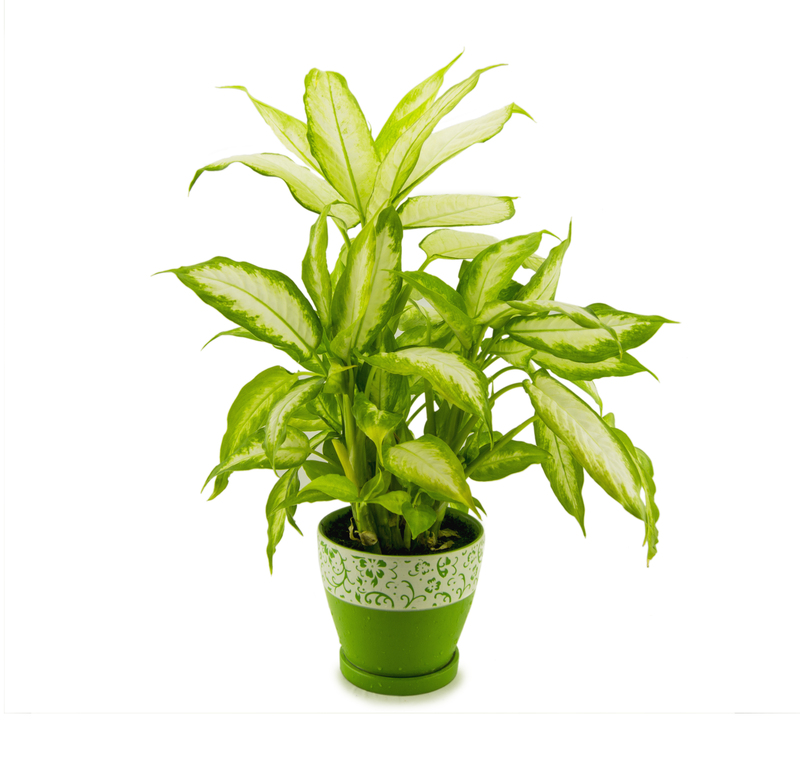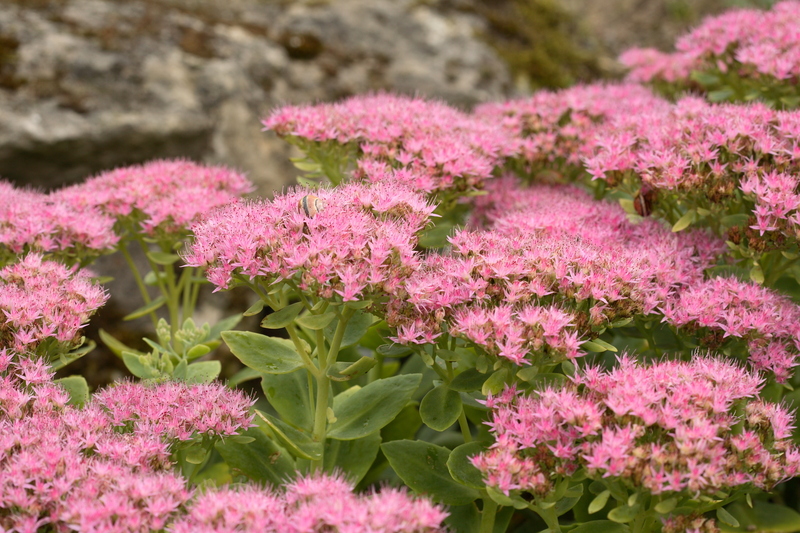What is Sustainable Gardening?
Posted on 16/03/2025
Sustainable gardening is an approach to gardening that emphasizes environmental responsibility and aims to create a healthy ecosystem that is able to maintain itself with minimal intervention. It involves practices that conserve natural resources, enhance biodiversity, and reduce waste and pollution. Sustainable gardening goes beyond merely growing plants; it involves understanding the intricate web of life that a garden is a part of and nurturing it in ways that promote overall ecological balance.
The Principles of Sustainable Gardening
At the core of sustainable gardening are several key principles designed to reduce the environmental footprint of gardening activities. These principles include:
- Soil Health: Healthy soil is vital for sustainable gardening as it supports plant growth, water retention, and nutrient cycling. Practices such as composting, mulching, and avoiding chemical fertilizers help maintain and improve soil health.
- Water Conservation: Efficient use of water is crucial. Techniques such as rainwater harvesting, drip irrigation, and drought-tolerant planting help conserve water.
- Biodiversity: Planting a diverse range of species supports a variety of pollinators and beneficial insects, which contribute to a healthy garden ecosystem.
- Native Plants: Using native plants helps to preserve local flora and fauna, and they are often more resilient and less resource-intensive.
- Reduce, Reuse, Recycle: Minimizing waste through practices like composting organic material, using recycled materials for garden structures, and repurposing containers and tools.

Practices in Sustainable Gardening
Soil Management
Healthy soil is the foundation of a sustainable garden. Avoiding chemical fertilizers and pesticides not only protects the soil's microbiome but also prevents harmful runoff into waterways. Regularly adding organic matter, such as compost, can improve soil structure, enhance nutrient content, and support beneficial microorganisms. Other practices like mulching with natural materials help retain moisture and suppress weeds.
Water Efficiency
Water is a precious resource, and sustainable gardening aims to make the most efficient use of it. Drip irrigation systems deliver water directly to the plant roots, reducing evaporation and runoff. Collecting rainwater in barrels for garden use can further reduce the reliance on municipal water supplies. Moreover, selecting native or drought-resistant plants minimizes the need for extensive watering.
Pest Management
In sustainable gardening, pest management involves a variety of integrated practices designed to minimize the impact on the environment. Encouraging natural predators, such as ladybugs and birds, by providing suitable habitats, can help keep pest populations in check. Using natural or organic pesticides sparingly and only as a last resort, supports a healthier garden ecosystem. Crop rotation and companion planting are additional strategies that can reduce pest problems.
Benefits of Sustainable Gardening
Engaging in sustainable gardening brings a multitude of benefits, not only for the environment but also for individuals and communities:
Environmental Benefits
- Reduction of Carbon Footprint: Sustainable gardening practices, such as composting and using hand tools, reduce reliance on fossil fuels.
- Promotion of Biodiversity: A diverse range of plants attracts various pollinators and beneficial insects, contributing to a balanced ecosystem.
- Conservation of Resources: Efficient water use and soil management help preserve vital resources for future generations.
- Reduction of Pollution: Natural pest control methods and composting reduce the need for chemical inputs that can pollute the air and water.
Personal and Community Benefits
- Healthier Food: Growing your own fruits and vegetables ensures access to fresh, organic produce free from harmful pesticides.
- Physical and Mental Well-being: Gardening is a physical activity that promotes fitness, and being in nature has been shown to improve mental health.
- Educational Opportunities: Gardening offers a hands-on learning experience for all ages, teaching valuable lessons about ecosystems and sustainability.
- Community Building: Community gardens foster social interactions and cooperative efforts, enhancing community bonds.
Challenges and Solutions in Sustainable Gardening
While the benefits are numerous, sustainable gardening also comes with its set of challenges. Addressing these challenges with practical solutions ensures a successful and sustainable garden.
Pest and Disease Management
Managing pests and diseases without resorting to chemicals can be difficult. Introducing beneficial insects, using physical barriers like nets, and practicing crop rotation can help manage these issues organically.
Time and Effort
Sustainable gardening often requires more time and labor compared to conventional gardening. However, the investment often pays off with healthier plants and a more resilient garden.
Initial Costs
Eco-friendly materials and systems, such as rain barrels or high-quality compost, can have high upfront costs. However, these investments usually result in long-term savings and environmental benefits.

Getting Started with Sustainable Gardening
Starting a sustainable garden doesn't have to be overwhelming. Here are some practical steps to get you started:
Plan Your Garden
Assess your site conditions, such as sunlight, soil type, and water availability. Plan to incorporate a diverse range of plants, including native species and companions that can support each other's growth.
Build Healthy Soil
Start a compost pile with kitchen scraps, garden waste, and other organic materials. Apply compost to improve soil health and reduce the need for chemical fertilizers.
Conserve Water
Install rain barrels to collect and store rainwater for garden use. Use mulch to help retain soil moisture and water plants in the early morning or late evening to reduce evaporation.
Encourage Biodiversity
Plant a variety of flowers, herbs, and vegetables to attract beneficial insects and pollinators. Create habitats such as birdhouses, bug hotels, and water features to support garden wildlife.
Conclusion
Sustainable gardening is a holistic approach that offers significant benefits for the environment, individuals, and communities. By adopting practices that support soil health, conserve water, and promote biodiversity, gardeners can create thriving ecosystems that require fewer resources and contribute to a healthier planet. Whether you are a seasoned gardener or a beginner, incorporating sustainable practices can enhance the beauty and productivity of your garden while ensuring it remains a vibrant and sustainable space for future generations.
Latest Posts
Creating a Serene Zen Garden Oasis
Perfect Mow Timing: How Often to Trim Your Lawn?



